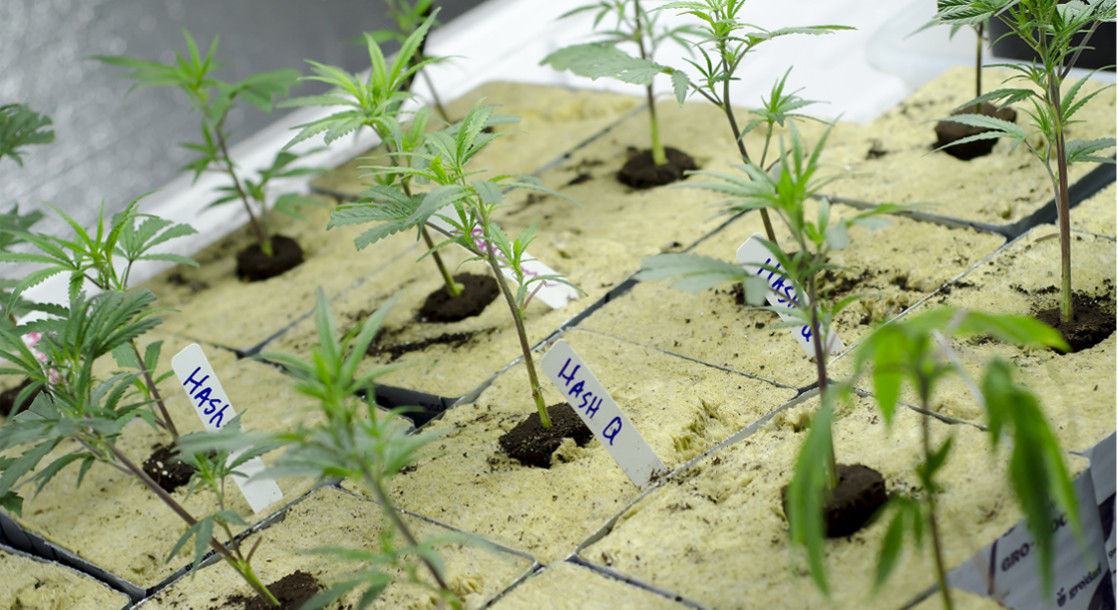Researchers from the Multidisciplinary Association for Psychedelic Studies (MAPS) have discovered that MDMA-assisted therapy (MDMA-AT) could reduce the symptoms of anorexia, bulimia, or other eating disorders (ED).
In a new study published in the Journal of Psychiatric Research, MAPS explored the effectiveness of MDMA-AT on patients diagnosed with both PTSD and eating disorders. These two mental health issues are comorbid, meaning that a large number of people diagnosed with PTSD also suffer from EDs.
Researchers asked 90 PTSD patients to complete an EAT-26 assessment, a standard scale used to identify eating disorders. Out of all participants, 5 patients received scores of 20 or more, which indicates the presence of a serious eating disorder. Another 12 subjects scored between 11 and 19, indicating that they were at high risk of developing an ED.
Five of the subjects who scored 11 or higher on the EAT-26 scale participated in three separate talk therapy sessions while under the influence of MDMA. After the sessions, 4 of these patients were no longer diagnosed as having an ED. Six of the other high-scoring patients were randomly assigned to a control group who participated in the same talk therapy sessions, but without the MDMA. Subjects in this group did not experience any reduction in the severity of their eating disorder symptoms.
The present study was an extension of a larger Phase III clinical trial exploring the effectiveness of MDMA therapy as a treatment for PTSD. The results of this study, which were published in the Nature Medicine journal last year, found that 90 percent of the subjects reported meaningful reductions in PTSD symptoms after three sessions of MDMA-assisted therapy. This study was authorized by the US FDA under its “Breakthrough Therapy” program, a fast-track approval process that could lead to the full legalization of MDMA-AT by 2023.
Research confirming the effectiveness of MDMA to treat PTSD is so compelling that conservative scientific organizations and publications are even starting to pay attention. This week, MAPS researchers are presenting the findings of their PTSD study to the American Chemical Society (ACS), a staunchly science-based non-profit organization chartered by the federal government.
“MDMA is really interesting because it’s an empathogen,” said lead researcher Jennifer Mitchell, Ph.D., who will be presenting the research to the ACS. “It causes the release of oxytocin in the brain, which creates feelings of trust and closeness that can really help in a therapeutic setting… The effect size for MDMA-assisted therapy is better than that for [traditional pharmaceutical antidepressants], suggesting that MDMA is a far better therapeutic for PTSD.”
Although MAPS’ research has solidly demonstrated that MDMA therapy can reduce PTSD symptoms, the present study on eating disorders is only a preliminary investigation. Because all of the patients in the study were also suffering from PTSD, it is impossible to conclude that MDMA can effectively treat patients who don’t have PTSD, but do have eating disorders. The extremely small size of the study also makes it impossible for researchers to conclusively state that MDMA can cure ED.
The results are promising enough that MAPS has already approved a Phase II study to further investigate the subject, though. Meanwhile, researchers from Johns Hopkins Center for Psychedelic & Consciousness Research are also investigating if psilocybin-assisted therapy can also effectively treat eating disorders.











